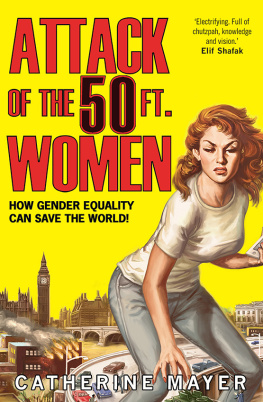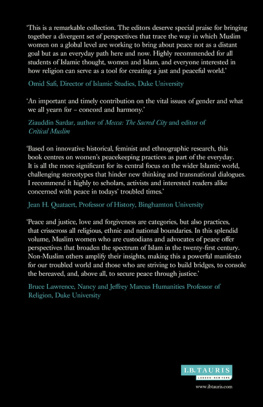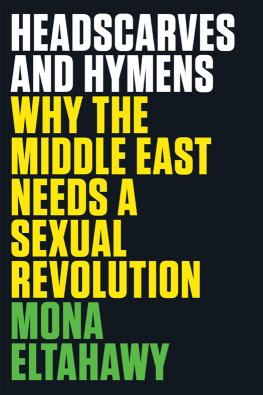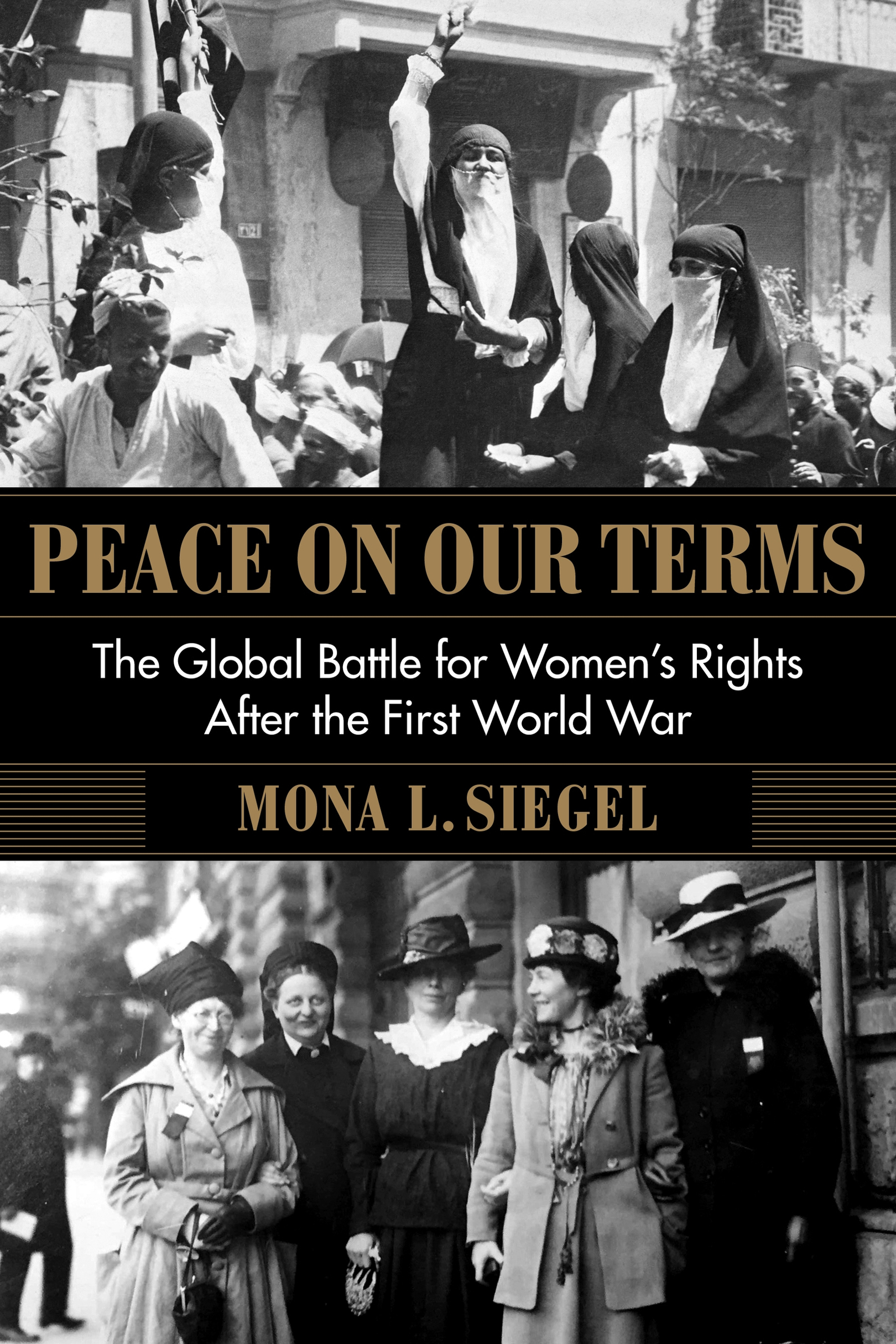Contents
Guide
Pagebreaks of the print version
PEACE ON OUR TERMS
COLUMBIA STUDIES IN INTERNATIONAL AND GLOBAL HISTORY
Cemil Aydin, Timothy Nunan, and Dominic Sachsenmaier, Series Editors
This series presents some of the finest and most innovative work coming out of the current landscapes of international and global historical scholarship. Grounded in empirical research, these titles transcend the usual area boundaries and address how history can help us understand contemporary problems, including poverty, inequality, power, political violence, and accountability beyond the nation-state. The series covers processes of flows, exchanges, and entanglementsand moments of blockage, friction, and fracturenot only between the West and the Rest but also among parts of what has variously been dubbed the Third World or the Global South. Scholarship in international and global history remains indispensable for a better sense of current complex regional and global economic transformations. Such approaches are vital in understanding the making of our present world.
For a complete list of books in the series, see .
Peace on Our Terms

THE GLOBAL BATTLE FOR WOMENS RIGHTS AFTER THE FIRST WORLD WAR
Mona L. Siegel

Columbia University Press
New York
Columbia University Press
Publishers Since 1893
New York Chichester, West Sussex
cup.columbia.edu
Copyright 2020 Mona L. Siegel
All rights reserved
E-ISBN 978-0-231-55118-2
Cataloging-in-Publication Data is available from the Library of Congress.
ISBN 978-0-231-19510-2 (cloth)
LCCN 2019025533
A Columbia University Press E-book.
CUP would be pleased to hear about your reading experience with this e-book at .
Cover photos: (top) Women on the streets of Cairo demonstrating for national liberation during the Egyptian revolution of 1919. gettyimages; (bottom) Group of delegates to the Zurich Congress, enjoying the sunshine between meetings. WILPF Papers, Special Collections and Archives, University of Colorado Boulder Libraries.
For Braeden and Amelie

Contents

JANUARY 18Paris Peace Conference officially opens; Marguerite de Witt Schlumberger writes to Woodrow Wilson asking for womens representation in negotiations and an endorsement of womens suffrage in peace treaty
JANUARY 25French women meet with Wilson to offer support for a just peace
JANUARY 27French feminists meet with Wilson to discuss support for womens suffrage in peace negotiations
FEBRUARY 10APRIL 10Inter-Allied Womens Conference runs concurrently with peace conference in Paris
FEBRUARY 10Inter-Allied delegates meet with Wilson to request creation of a Womens Commission to peace negotiations
FEBRUARY 13Wilson brings proposal to form a Womens Commission before Supreme Council but retracts it in face of unanimous opposition
FEBRUARY 1921Pan-African Congress convenes in Paris, organized by Ida Gibbs Hunt; Addie Waites Hunton addresses the congress regarding womens role in global reconstruction
MARCH 11Supreme Council agrees to allow women to address peace conferenes Labor Commission and League of Nations Commission
MARCH 16First womens demonstration against British Protectorate in Cairo, Egypt, organized by Huda Shaarawi
MARCH 18Delegation of Inter-Allied Womens Conference and other feminists present resolutions to Labor Commission
MARCH 20Second womens demonstration in Cairo, Egypt
APRIL 6Chinese peace delegate Soumay Tcheng arrives in Paris
APRIL 10Delegation of Inter-Allied Womens Conference and other feminists present resolutions to League of Nations Commission
MAY 4Mass protests in Beijing, China, in opposition to decision to grant Shandong Province to Japan; Soumay Tcheng begins organizing overseas students and workers in Paris
MAY 9Soumay Tcheng addresses mass meeting in Paris opposing Shandong decision
MAY 1217Congress of the Womens International League for Peace and Freedom meets in Zurich, Switzerland, under the leadership of Jane Addams
MAY 13Zurich Congress resolutions condemning Versailles Treaty and Allied blockade of Central Europe telegraphed to Paris
MAY 15Zurich Congress unanimously adopts Mary Church Terrells racial equality resolution
MAY 17Jeanne Mlin from France and Lida Gustava Heymann from Germany embrace at Zurich Congress and join others in pledge to work for lasting peace
MAY 20Formation of Society for the New Woman in Egypt is announced
JUNE 27Soumay Tcheng organizes overseas Chinese students and workers to stand guard outside Lu Zhengxiangs residence in St. Cloud, preventing him from attending treaty signing ceremony at Versailles
JUNE 28Versailles Treaty signed
OCTOBER 28NOVEMBER 6First International Congress of Working Women meets in Washington, D.C.
OCTOBER 29NOVEMBER 29First Conference of the International Labor Organization convenes in Washington, D.C., with twenty-three female nonvoting delegates
NOVEMBER 28ILO Conference adopts Night-Work (Women) Convention of 1919
NOVEMBER 29ILO Conference adopts Maternity Protection Convention of 1919
DECEMBER 12Mass meeting of Egyptian women at the Coptic Church in Cairo to protest Milner Commission and British Protectorate
DECEMBER 23After concerted campaign by Indian feminists, Government of India Act 1919 allows provincial governments to decide whether to enfranchise women

)

The Closing Days of the First World War
B y October 1918 an end to the nightmare was finally in sight. After more than four years of ruinous war, the Allied armies had broken through the seemingly impregnable trench lines of the Western Front, and the Germans appeared on the verge of surrender. More rapidly than many could imagine, the authority of generals gave way to that of statesmen, who began the mad scramble to determine the terms of the final armistice and to arrange for the peace negotiations to follow. In stunned disbelief, the suffering peoples of the warring nationssome joyous, others anxiousallowed themselves to indulge in a near-forgotten luxury: hope.
Far from the devastated battlefields of Western Europe, in late October 1918 American suffrage leader Carrie Chapman Catt lay sick in bed in her adopted state of New York. Suffering from both a terrible case of influenza and the U.S. Senates disappointing rejection of a womens suffrage amendment a few weeks earlier, Catt was too worn down to maintain her usual packed schedule of political crusading. Instead, she read the newspapers and caught up on the rapidly changing international news. The Belgian city of Bruges had been liberated, the Austro-Hungarian and Ottoman armies were in open retreat, and the German government had appealed to President Woodrow Wilson of the United States to negotiate an armistice. As the leader of the major American and international womens suffrage societies of the era, Catt absorbed this last piece of information thoughtfully. Statesmen were clearly beginning to prepare for wars end. Should women be doing the same?









